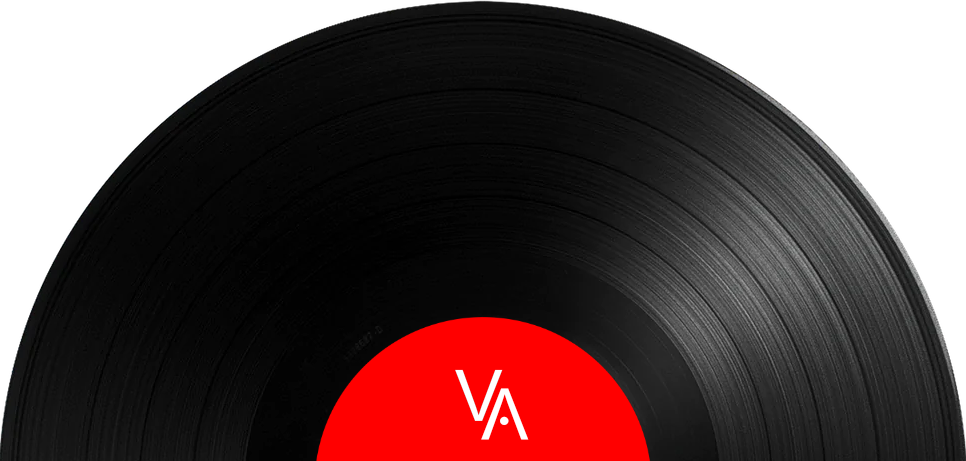
Main Offender is the second solo studio album by Rolling Stone Keith Richards. It was released in 1992, while the Stones were on a break between the Steel Wheels and Voodoo Lounge albums.
Richards once again teamed up with collaborator and friend Steve Jordan - who worked with him on his first solo album, Talk Is Cheap - and the recording sessions with the group of musicians affectionately known as The X-Pensive Winos took place in California and New York between March and September, 1992. Mini European and North American tours followed the record's release. I almost saw a show at Massey Hall in Toronto, and to this day regret missing it.
The album received generally positive reviews, although it failed to match the success of Talk Is Cheap. And Main Offender would be Richard's last solo outing until 2015's Crosseyed Heart.
Richards has said that recording Main Offender was easier than recording Talk Is Cheap. “With Talk Is Cheap, we just kind of drifted from rehearsals into cutting tracks," he told Rolling Stone magazine. "You couldn’t really say where the rehearsing left off and the recording started. This one was two straight sessions of ten days each. We had the songs ready in front, and everybody was ready to expand on the thing.”
The core lineup was more-or-less the same as on Talk Is Cheap, with Richards and Waddy Wachtel handling guitar duties, Charley Drayton on bass, Steve Jordan on drums and keyboardist Ivan Neville. However, this time 'round the members of the band sometimes swapped instruments amongst each other, which added another texture to the sound.
The reggae track Words of Wonder, for instance, is a game of musical chairs. Richards plays bass, Drayton mounts the drums and Jordan picks up a guitar. And on Hate It When You Leave, Richards plays Neville's keyboards while Neville scoots over to bass.
Main Offender is neither a departure nor a stretch. It's a Keith Richards album and that's exactly what it sounds like. It feels more relaxed than Talk Is Cheap, which might be a reflection of Richards being less stressed when he made it. When he made Talk Is Cheap it was during a tense standoff with bandmate Mick Jagger. This record was made during a period of relative calm in the two mens' often stormy relationship.
Mick and Keith would patch things up and the Rolling Stones would record Steel Wheels before embarking on the most lucrative 30-plus years of the band's career that would see them perform on ridiculously massive stages in front of tens of millions of people.
On this solo outing - and on his two others, as well - Richards remains true to form and never strays too far from the blues, something that can't always be said for the Stones.
This album's followup, Cross-Eyed Heart ,might prove to be Richards' last solo run, although we are talking about Keith Richards here. So who knows? He may decide to record another solo record should a special enough occasion come around, like say his 100th birthday, perhaps?
It could happen, and it will be just as good as Main Offender. You can count on it!
The pressing I have is the original release and it sounds wonderful. Full and rich and sharp edges all the way around. Definitely …
Main Offender is the second solo studio album by Rolling Stone Keith Richards. It was released in 1992, while the Stones were on a break between the Steel Wheels and Voodoo Lounge albums.
Richards once again teamed up with collaborator and friend Steve Jordan - who worked with him on his first solo album, Talk Is Cheap - and the recording sessions with the group of musicians affectionately known as The X-Pensive Winos took place in California and New York between March and September, 1992. Mini European and North American tours followed the record's release. I almost saw a show at Massey Hall in Toronto, and to this day regret missing it.
The album received generally positive reviews, although it failed to match the success of Talk Is Cheap. And Main Offender would be Richard's last solo outing until 2015's Crosseyed Heart.
Richards has said that recording Main Offender was easier than recording Talk Is Cheap. “With Talk Is Cheap, we just kind of drifted from rehearsals into cutting tracks," he told Rolling Stone magazine. "You couldn’t really say where the rehearsing left off and the recording started. This one was two straight sessions of ten days each. We had the songs ready in front, and everybody was ready to expand on the thing.”
The core lineup was more-or-less the same as on Talk Is Cheap, with Richards and Waddy Wachtel handling guitar duties, Charley Drayton on bass, Steve Jordan on drums and keyboardist Ivan Neville. However, this time 'round the members of the band sometimes swapped instruments amongst each other, which added another texture to the sound.
The reggae track Words of Wonder, for instance, is a game of musical chairs. Richards plays bass, Drayton mounts the drums and Jordan picks up a guitar. And on Hate It When You Leave, Richards plays Neville's keyboards while Neville scoots over to bass.
Main Offender is neither a departure nor a stretch. It's a Keith Richards album and that's exactly what it sounds like. It feels more relaxed than Talk Is Cheap, which might be a reflection of Richards being less stressed when he made it. When he made Talk Is Cheap it was during a tense standoff with bandmate Mick Jagger. This record was made during a period of relative calm in the two mens' often stormy relationship.
Mick and Keith would patch things up and the Rolling Stones would record Steel Wheels before embarking on the most lucrative 30-plus years of the band's career that would see them perform on ridiculously massive stages in front of tens of millions of people.
On this solo outing - and on his two others, as well - Richards remains true to form and never strays too far from the blues, something that can't always be said for the Stones.
This album's followup, Cross-Eyed Heart ,might prove to be Richards' last solo run, although we are talking about Keith Richards here. So who knows? He may decide to record another solo record should a special enough occasion come around, like say his 100th birthday, perhaps?
It could happen, and it will be just as good as Main Offender. You can count on it!
The pressing I have is the original release and it sounds wonderful. Full and rich and sharp edges all the way around. Definitely …



